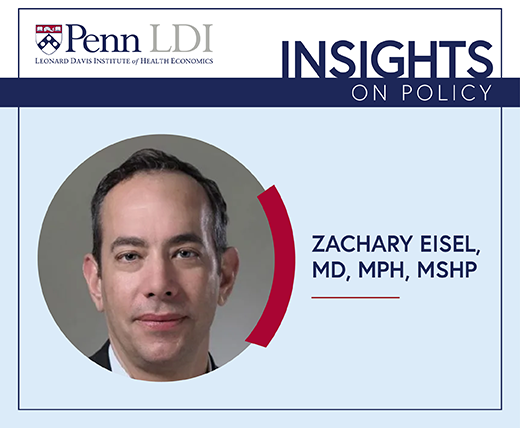
Over 500 U.S. Hospitals Have Stopped Delivering Babies Since 2010
A Crisis in Maternal Care is Unfolding—and it’s Hitting Rural and Urban Communities Alike
In Their Own Words
The following excerpt is from an op-ed that first appeared in STAT News on May 10th, 2024.
Pizza. Coloring books. Goody bags. They could be activities at a 5-year-old’s birthday party. But they’re not: These are many employers’ attempts to lift the morale of nurses on the frontlines of chronically understaffed organizations. What nurses really want are better working conditions so they can deliver the best care possible to their patients.
As researchers at the University of Pennsylvania School of Nursing, we asked thousands of nurses why they are leaving their profession. Their answers are straightforward — short staffing is so rampant that the public’s health care is at risk.
The playbook of corporate health care asks nurses to do much with little, but nurses aren’t willing to skimp on quality and safety. There isn’t a nursing shortage — it’s nurses’ refusal to be part of a system that puts profits before safety.
In our study, which was published in JAMA Network Open, nurses from hospitals, primary care, nursing homes, and hospice told us they left their jobs because of burnout, insufficient staffing, and poor work-life balance. Close to half of all retired nurses had an unplanned retirement, suggesting many were leaving their careers early.
Read the entire op-ed here.



A Crisis in Maternal Care is Unfolding—and it’s Hitting Rural and Urban Communities Alike

Stable Payments Improved Margins But Not Liquidity, New LDI Analysis Finds

LDI Senior Fellow Cited for “Significant Contributions” in Research

Outdated Laws Target Black and Queer Lives in Over 30 States, Fueling a Deadly Disease

Selected for Current and Future Research in the Science of Amputee Care

Research Memo: Delivered to House Speaker Mike Johnson and Majority Leader John Thune